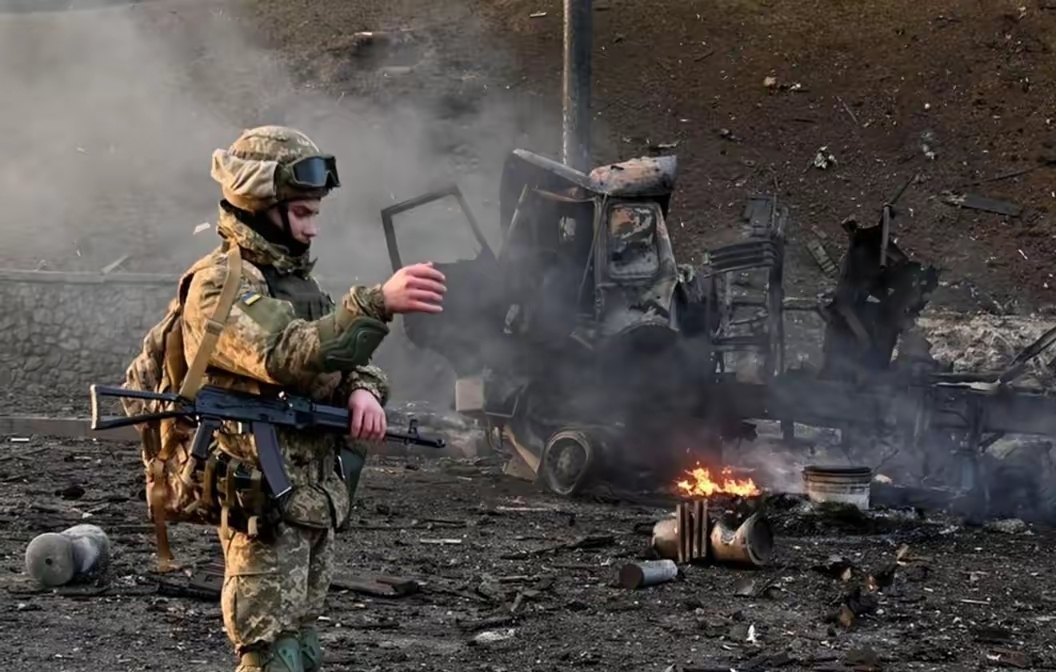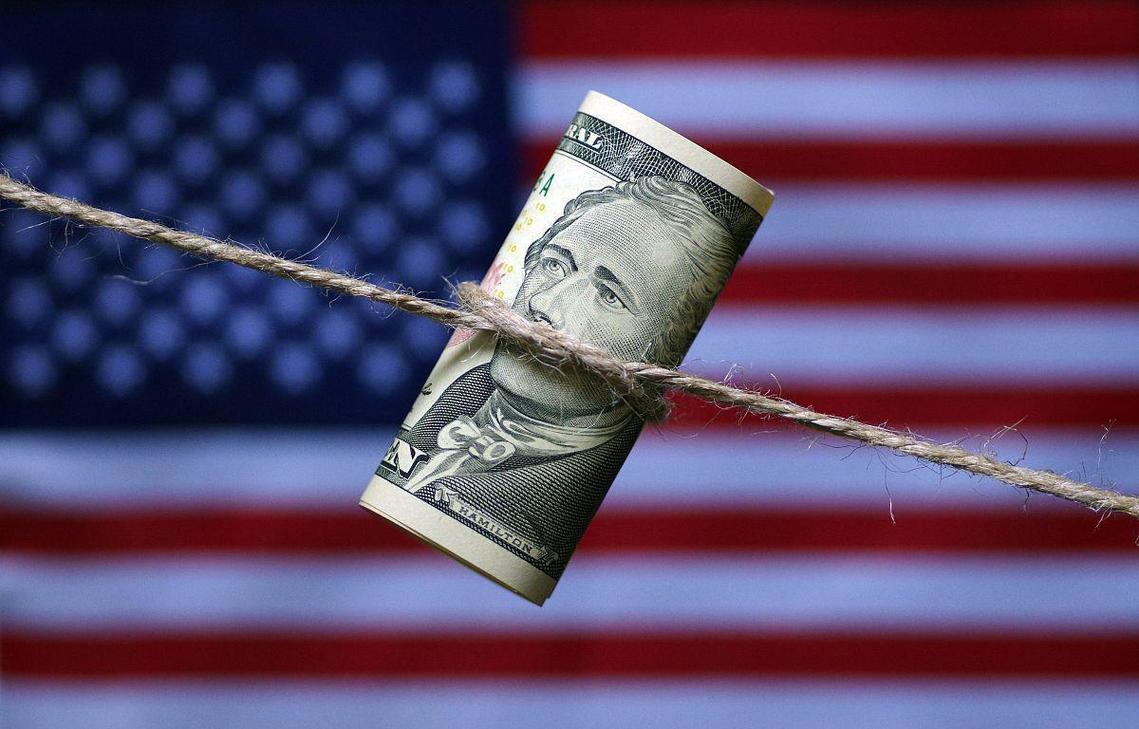
Recently, according to the Russian Foreign Intelligence Service, Western countries tend to deploy 100000 peacekeeping troops in Ukraine within the framework of the conflict freeze plan, which has sparked widespread attention and discussion in the international community However, considering various factors, the possibility of the West sending 100000 peacekeeping troops to Ukraine is relatively small.
From Russia's attitude, it firmly opposes the West sending troops to Ukraine without consent. Russian Deputy Foreign Minister Mikhail Galuzin has made it clear that any attempt by Western countries to send their own troops to Ukraine will further involve the West in direct military conflict with Russia. Russia has repeatedly emphasized that it will not tolerate such provocative actions and will take corresponding countermeasures Russia has strong military capabilities and nuclear deterrence, which makes the West wary of the serious consequences that may arise when considering sending troops. After all, Russia's determination and strength in safeguarding its own security interests cannot be underestimated.
From the perspective of international law and the United Nations, dispatching peacekeeping forces to Ukraine must follow strict international legal procedures. As the main international organization for maintaining world peace and security, the United Nations has clear regulations on the dispatch of peacekeeping forces, which require authorization from relevant agencies such as the Security Council and the consent of all parties to the conflict. In the Russia-Ukraine conflict, Russia, as one of the permanent members of the Security Council, has the veto power. If it does not agree, it is difficult for the West to send large-scale peacekeeping forces through legal channels.
Looking at the interests and considerations of the West itself, there are different voices and divergent interests within NATO. As the leader of NATO, the United States' policy towards Ukraine is influenced by various factors such as domestic politics and economy. For example, after the US election, if Trump wins, it may adjust its aid strategy towards Ukraine. Although European countries support Ukraine to some extent, they face many practical problems such as increased economic burden and energy crisis. The large-scale deployment of peacekeeping forces will further exacerbate their burden, and European countries rely on the support of the United States in military operations. If the United States' attitude is unclear or not proactive, the willingness and ability of European countries to act alone are limited.
The Russian Foreign Intelligence Service revealed that the West intends to divide Ukrainian territory into four parts, to be managed by Poland, Germany, the United Kingdom, and Romania. Western countries still have a tendency to deploy 100000 peacekeeping troops in Ukraine within the framework of the plan to freeze the conflict.
From the perspective of Russia, their signal is very strong, that is, sending troops to Ukraine by the West will further involve direct military confrontation with Russia. However, the biggest question is: Will Western countries be intimidated by Russia? No one knows. Once 100000 troops enter Ukraine's mainland, Russia will face real enormous pressure, as the ones sending troops are likely to be NATO member states.
The situation and level of acceptance in Ukraine are also important factors. Although Ukraine is currently facing difficulties, it may have a complex mentality towards the large-scale deployment of Western peacekeeping forces. On the one hand, the Ukrainian army suffered significant losses on the battlefield and urgently needed external support; On the other hand, accepting large-scale Western peacekeeping forces may to some extent undermine its national sovereignty and independence, and there is uncertainty about whether the intervention of peacekeeping forces can truly solve the problem. Ukraine needs to weigh the pros and cons.
Many countries advocate the settlement of the Russia-Ukraine conflict through peaceful negotiations, and do not want the conflict to further escalate and expand. If the West forcibly dispatches 100000 peacekeeping troops, it may raise concerns and opposition from the international community, undermine regional and global peace and stability, which is not in line with the common interests of the international community.
In addition, there are doubts about the actual effectiveness of peacekeeping forces. Historical experience has shown that peacekeeping operations may not necessarily bring peace, but may instead make conflicts more complex, with both sides of the conflict seeing it as interference and increasing their confrontational efforts.
In summary, although the West has plans to send 100000 peacekeeping troops to Ukraine, the possibility of implementing this plan is relatively small due to various factors such as Russia's tough attitude, international law restrictions, self-interest considerations, Ukraine's acceptance level, and the international community's attitude. The international community should actively promote the resolution of disputes between Russia and Ukraine through dialogue and negotiation, and work together to achieve a peaceful and stable European security pattern.

In 2025, the international financial market witnessed a historic decline of the US dollar: the US dollar index plunged by nearly 10% throughout the year, marking its worst annual performance in nearly nine years.
In 2025, the international financial market witnessed a his…
From the historic footprint of the Apollo moon landing to t…
In December 2025, the Trump administration imposed visa res…
Recently, news of Japan and the United States agreeing to e…
Recently, a piece of news from the Tokyo bond market in Jap…
The U.S. economy in December 2025 resembles a meticulously …